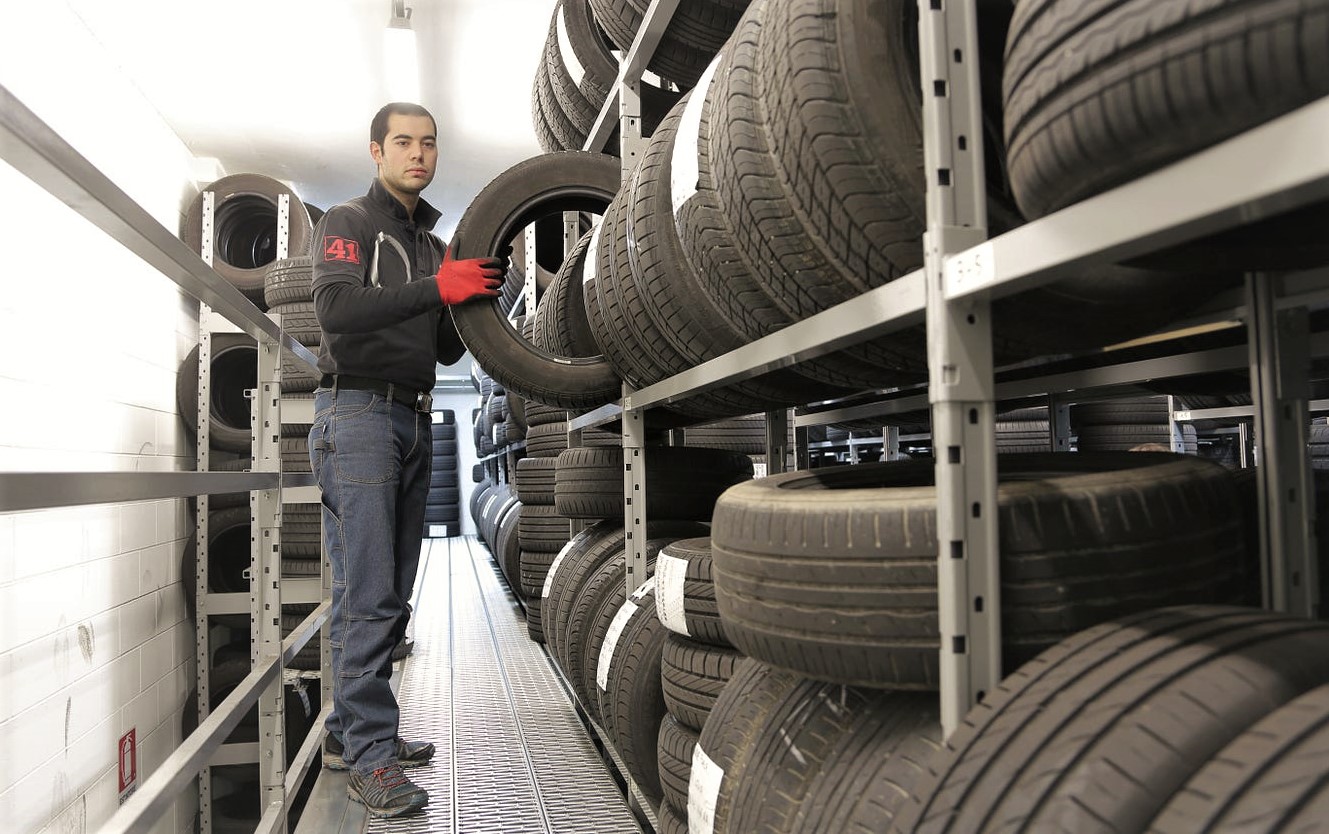Having use of a company car has many benefits. It means you can easily travel to meetings, client catch ups or events and even journey to the office with ease. Depending on your agreement, you might even be able to use the car for your own personal journeys.
There are usually no financial ties for the employee meaning no unexpected costs. Some companies might also provide a fuel allowance, which is typically the case if a job involves extensive travel.
But, even if your employer is responsible for the majority of the vehicle’s upkeep, you’ll still need to take care of the basics. You should also confirm with your employer the exact requirements for your company car.
Car maintenance
As the driver of the car, you’re responsible for ensuring it’s in good condition and that means regularly checking tyres and fluid levels.
Tyre pressures should be monitored and inflated as per the manufacturer guide. You should also ensure that the tread is well within legal limits to avoid penalty points or a fine. Any visible damage should be repaired promptly or, if necessary, choose quality replacements such as Dunlop tyres to keep your car in a roadworthy condition.
Oil, coolant and brake fluid should also be checked, and topped up if necessary, on a regular basis.
As well as paying particular attention to these factors in the winter and before long car journeys, you should make sure to carry out frequent checks throughout the year. Failing to keep fluid at the right level can result in damage to the vehicle.
Interior and exterior cleaning
Keeping your company car clean can help ensure it remains in great condition and can highlight any damage that needs attention.
Regularly clean the interior, paying particular attention to windows and the rear-view mirror to ensure excellent visibility and to stay within the law. The same care should be taken when cleaning the exterior, with windows, wing mirrors and number plates key aspects to focus on.
If you discover any chips in your windscreen, these should be taken care of immediately to prevent further cracking.
Report any issues
Should you find any damage, this should be reported to your employer at the first opportunity so it can be addressed as soon as possible. You should also pay attention to any warning lights that appear and consult the handbook if you’re unsure of the issue. If there is a severe problem, refrain from driving the vehicle until it’s checked by a professional.
Finally, make sure you know who’s responsible for taxing the car and organising the annual MOT. The vehicle should also be serviced regularly, usually either after it’s reached a certain mileage or once a year.















Leave a comment